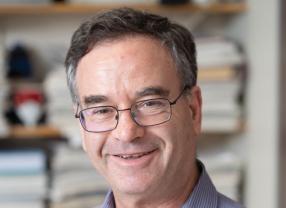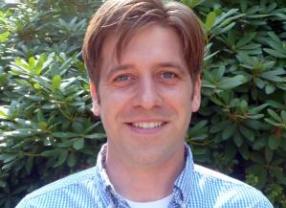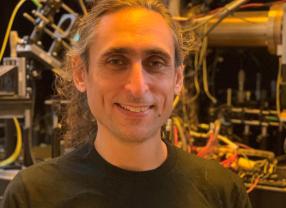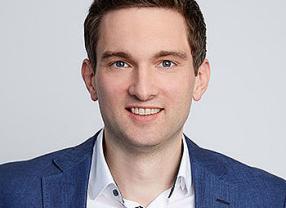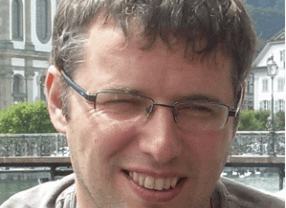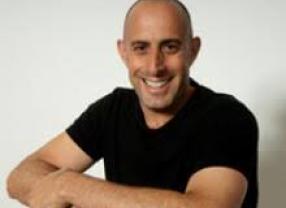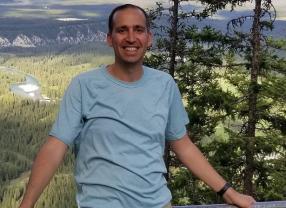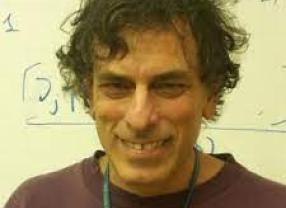
08
Nov
2022
14:30
Dr. Yehuda Naveh: "Creativity and automation in quantum algorithms"
Weekly seminar
08 Nov 2022
14:30
to
15:30

The separation between creative work and automation in designing new quantum algorithms is far from being established.
I will address this point by introducing the concept and technicalities of automaticsyn thesis of circuits from their functional models.
I will show the strength of this approach

